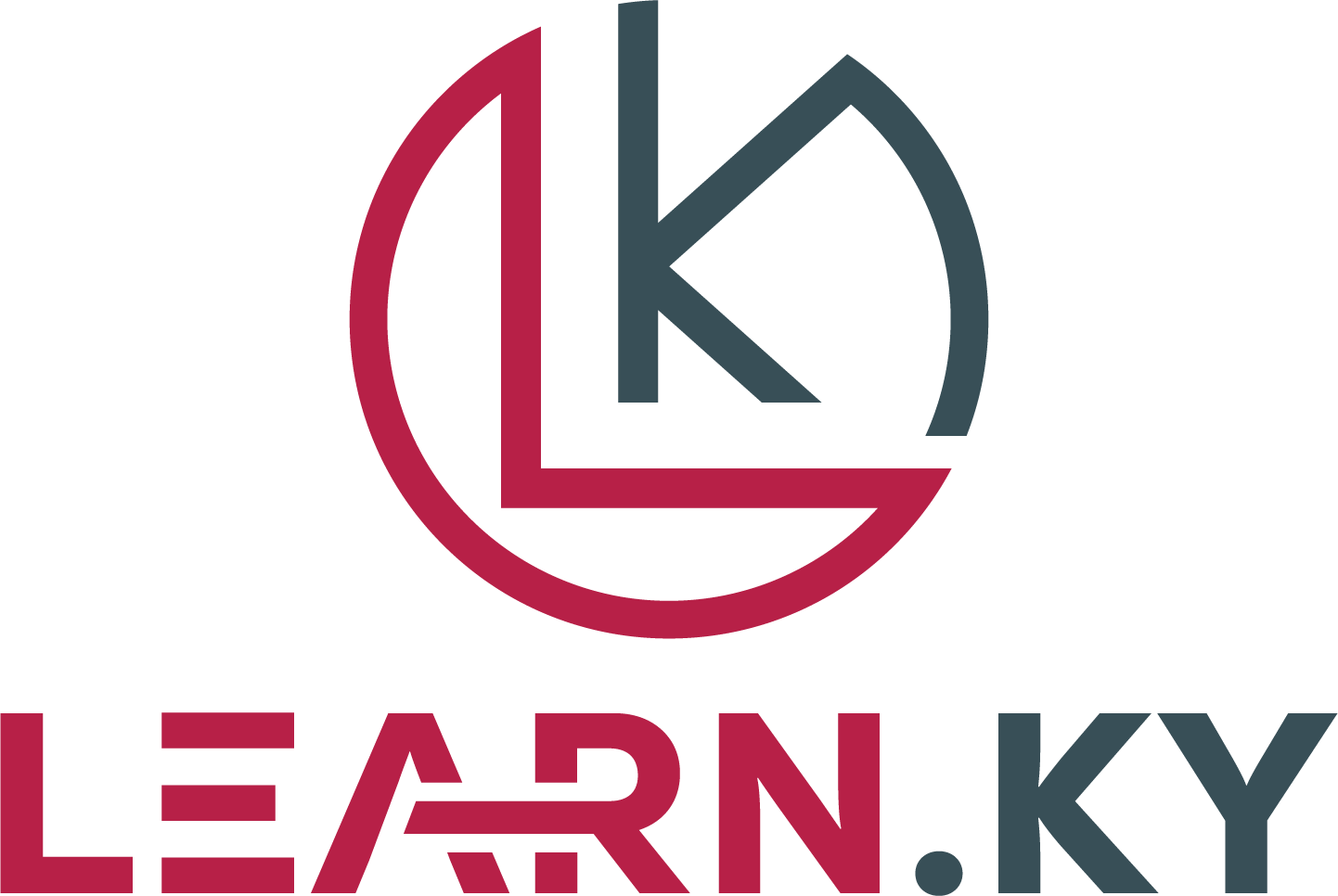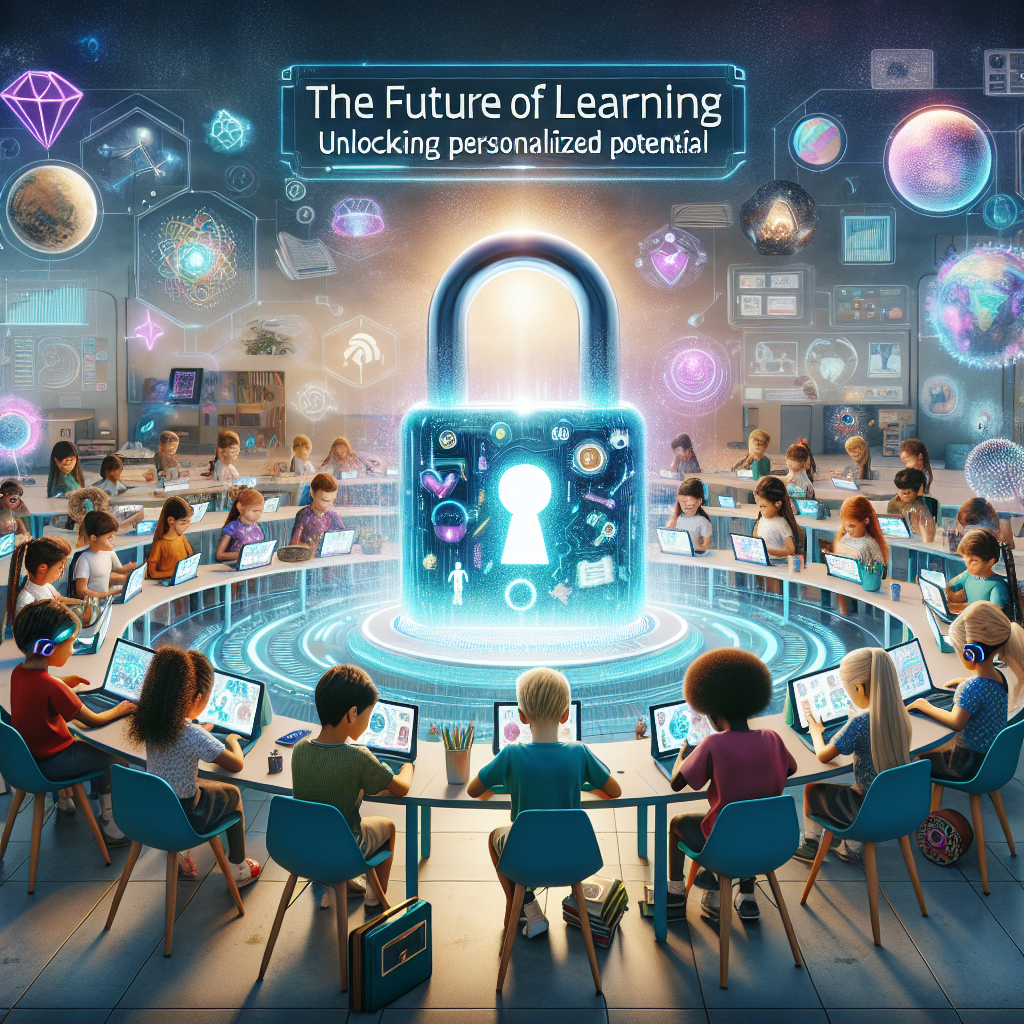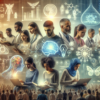The landscape of education is rapidly evolving, driven by technological advancements, shifting societal needs, and a growing recognition of the importance of personalized learning. As we look towards the future of learning, one thing is clear: unlocking personalized potential will be essential in fostering a culture of lifelong learning and empowering individuals to thrive in a rapidly changing world.
The traditional one-size-fits-all approach to education is increasingly being challenged by the realization that each individual has unique strengths, interests, and learning styles. Personalized learning, which tailors educational experiences to meet the specific needs of learners, has the potential to revolutionize the way we approach education and unlock the full potential of every student.
Challenges in the Current Education System:
In the current education system, students often find themselves constrained by rigid curriculum, standardized testing, and limited opportunities for individualized learning experiences. This cookie-cutter approach fails to take into account the diverse needs and backgrounds of students, leading to disengagement, underachievement, and missed opportunities for growth.
Furthermore, the rapid pace of technological advancement is transforming the skills and competencies required for success in the 21st century. The traditional model of education, focused on memorization and regurgitation of information, is ill-equipped to prepare students for the complex challenges they will face in a rapidly changing global environment.
Unlocking Personalized Potential:
Personalized learning holds the key to unlocking the full potential of every student, providing them with the support, resources, and flexibility they need to thrive. By tailoring educational experiences to meet the unique needs of each learner, personalized learning can foster a sense of agency, autonomy, and self-direction that empowers students to take ownership of their education and pursue their passions.
One of the central pillars of personalized learning is the use of technology to facilitate adaptive and responsive learning experiences. Through the use of artificial intelligence, machine learning, and data analytics, educators can gain insights into individual learning styles, preferences, and progress, allowing them to tailor instruction, provide timely feedback, and support students in reaching their full potential.
Furthermore, personalized learning emphasizes competency-based progression, focusing on mastery of skills and knowledge rather than seat time or grade level. This allows students to progress at their own pace, moving on to more advanced concepts when they are ready, and providing additional support and scaffolding when needed.
Benefits of Personalized Learning:
Research has shown that personalized learning can lead to improved academic outcomes, increased engagement, and higher levels of motivation and self-efficacy. A study by the Rand Corporation found that students in personalized learning environments made greater gains in math and reading compared to their peers in traditional classroom settings.
Moreover, personalized learning can help close achievement gaps, provide targeted support to students with diverse learning needs, and foster a culture of inclusivity and diversity. By recognizing and celebrating the unique strengths and contributions of each student, personalized learning has the potential to create a more equitable and just education system.
Conclusion:
As we look towards the future of learning, unlocking personalized potential will be essential in preparing students for success in a rapidly changing world. By tailoring educational experiences to meet the unique needs of each learner, personalized learning can foster a culture of lifelong learning, empower individuals to reach their full potential, and create a more inclusive and equitable education system.
As educators, policymakers, and stakeholders in education, it is our collective responsibility to embrace the principles of personalized learning, advocate for its implementation in schools and communities, and invest in the resources and support needed to make personalized learning a reality for all students. Only by unlocking personalized potential can we ensure that every individual has the opportunity to thrive, succeed, and make a meaningful contribution to our society and the world at large.










